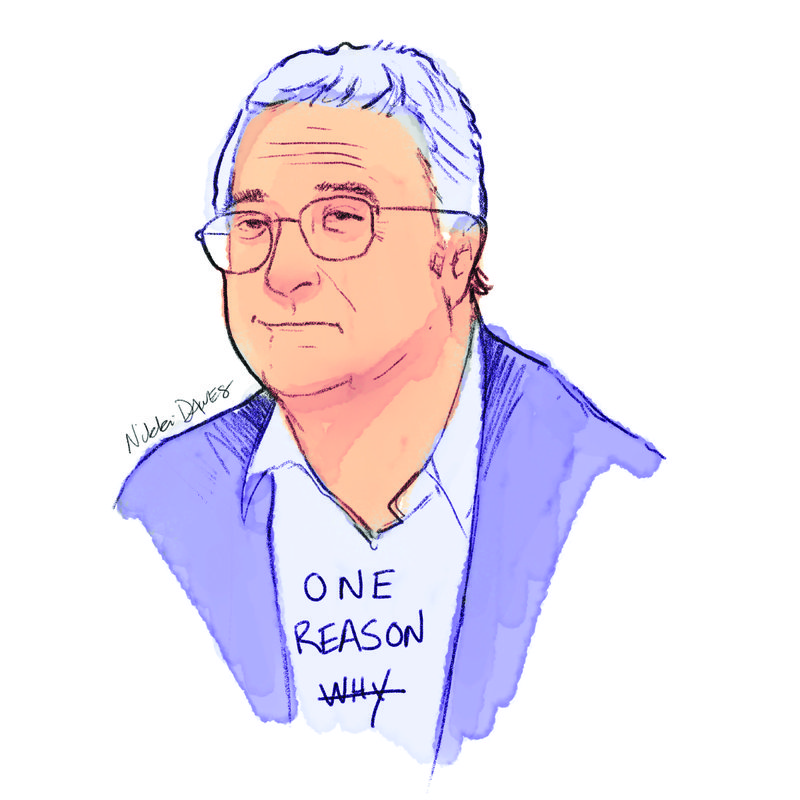Two parts of my world collided in the best possible way a couple of years back. My sister Maria and I went to see one of my musical heroes, singer-songwriter Randy Newman, at a concert in New Jersey.
After the show, we visited Newman on the stage and gave him homemade cookies.
I confessed to Newman that I sometimes mention his songs or his name in my grammar column, and he started to tell me his late father's grammatical pet peeves.
Is anything better than talking to one of your idols about grammar? Not in my lifetime.
His dad, Irving George Newman, hated when people would say "the reason why."
The phrase is considered redundant, but it has been in use since the 13th century. Grammarians recommend that people say "the reason" or "because."
Wrong: One reason why I love Randy Newman is his lyrics.
Right: One reason I love Randy Newman is his lyrics.
Newman's imitation of his father's carping voice was hilarious. I could hear the disdain that the father felt.
"There's no such thing as 'ungrammatical.'"
I needed a little time to process this one. "Ungrammatical" is another word that has been around for centuries. I never thought of it before, but he is right. All sentences use grammar. Some just use it poorly.
Newman said, "And he hated the word 'heighth.' He'd say, 'There's no 'h' at the end.'"
At this, I shrieked, "I just wrote about that two weeks ago!"
I'm sure the acoustics of the theater sent my sounds of glee bouncing across the seats.
Many people say "heighth." I think this is because we have width, depth and length. But it's "height."
Finally, he said, his father, who was a doctor, often would get thank-you notes from patients. The doctor would sit down with a red pen to correct the poor grammar.
That one hit home with me because, when I was in graduate school, my mother would return letters to me with corrections in red. I'll bet Dr. Newman didn't take that final step of returning the letters.
DIVING IN
A couple of people have asked me to write about the past tense of dive.
In the United States, "dived" and "dove" are used. Merriam-Webster says both are acceptable. "Dived" used to be more common but "dove" has taken over since the 1980s. Its usage partly depends on what region in the nation the speaker comes from.
British English speakers are far more likely to use "dived."
Sources: Fowler's Modern English Usage by R.W. Burchfield (Oxford University Press, 2004), english.stackexchange.com, m-w.com
Reach Bernadette at
bkwordmonger@gmail.com
ActiveStyle on 06/05/2017
